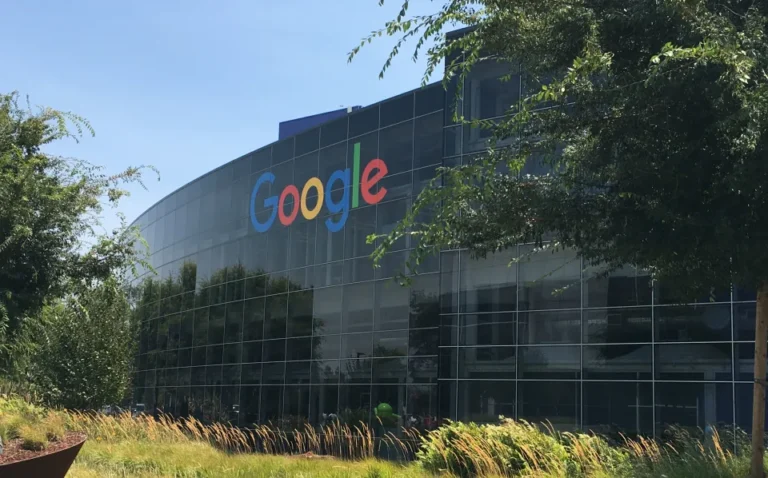It is extending them to those most at risk of targeted attacks during an election year.
On the occasion of World Password Day (yes, there is such a thing), Google is highlighting its accomplishments in the field of information security and providing updates on its most recent works. They have been used more than one billion times by 400 million Google accounts, according to the company, which disclosed passkey use numbers for the very first time. “Since launching, passkeys have proven to be faster than passwords, since they only require users to simply unlock their device using a fingerprint, face scan or pin to log in,” Google stated in its announcement.
In 2022, the corporation began providing widespread support for passkeys, and a year ago, it began implementing these passkeys across all of its services. A number of organisations, including eBay, PayPal, and WhatsApp, have joined the ranks of those that have adopted the technology over the course of the past year. These companies include Amazon, 1Password, Dashlane, and Docusign. Dashlane has witnessed a 70 percent increase in conversion with passkeys, according to Google, which boasted that the technology let Kayak users sign in fifty percent faster than before.
As part of its Advanced Protection Programme (APP), Google is going to soon begin limiting access to passkeys to users who are at the greatest risk of being targeted by malicious attacks. Individuals, such as campaign workers and candidates, journalists, human rights workers, and others, are the target audience for this item, as stated by the corporation.
“APP enrollment traditionally required the use of hardware security keys as a second factor, but users will soon have the option to enrol with any passkey in addition to using their hardware security keys,” Google stated in its announcement. “This expanded passkey support will help reduce the barrier of entry to APP while still providing phishing resistant authentication… [and]is coming during a critical election year.”
For the purpose of protecting users across numerous platforms, it is also expanding the Cross-Account Protection feature. With the help of this system, Google is able to communicate security notifications on suspicious events with apps and services that are not owned by Google. “This is a critical benefit since cybercriminals often use an initial entry point as a foothold to gain access to more of your information.”
Google recommends that you generate a passkey for your account in order to take advantage of the newly implemented safeguards. Implementing two-factor authentication (2FA), never recycling passwords, and using long passwords that contain a combination of characters, digits, and symbols are all examples of good password hygiene practices that you should implement in the meanwhile. A straightforward password consisting of eight numbers may be cracked by an adversary in just 37 seconds, as stated by HIPAA. On the other hand, it takes 19 quadrillion years to crack an 18-digit cypher that has a combination of numbers, uppercase and lowercase characters, and symbols.

